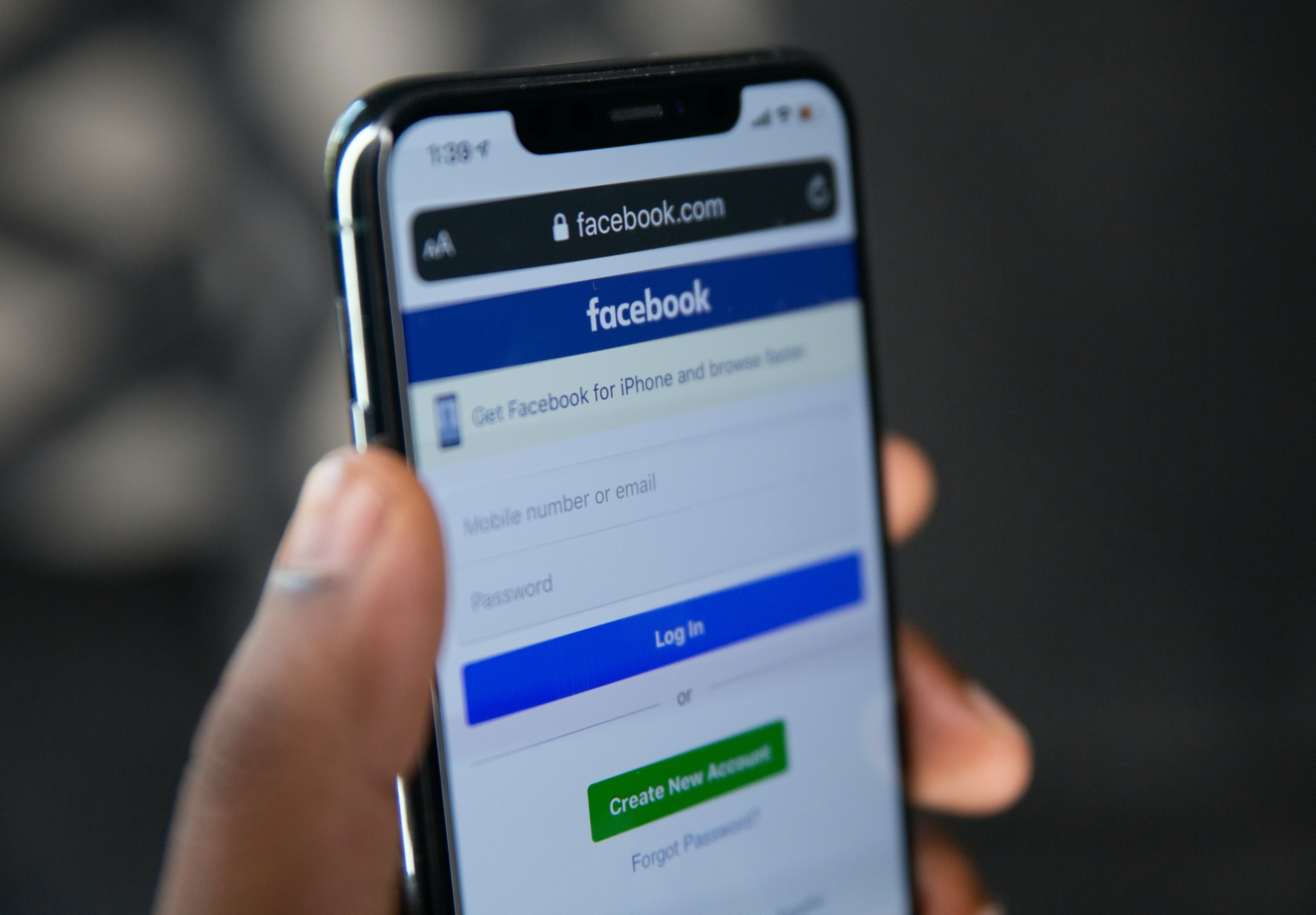On April 1, 2021, the Supreme Court issued a unanimous decision in Facebook, Inc. v. Noah Duguid, No. 19-511, 2021 U.S. LEXIS 1742 (U.S. Apr. 1, 2021), siding with Facebook in narrowing the federal ban on unsolicited robocalls and robotexts. The Court held that Facebook did not violate the Telephone Consumer Protection Act of 1991 (“TCPA”) by sending security related text messages to the Plaintiff, Noah Duguid. Duguid sued Facebook after receiving several text messages from Facebook alerting him that someone tried to access his Facebook account from an unknown browser, when he never had a Facebook account nor had he given Facebook his telephone number. Duguid asserted that Facebook violated the TCPA by sending him these unsolicited text messages.
Facebook argued that “Duguid failed to allege that Facebook used an autodialer because he did not claim Facebook sent text messages to numbers that were randomly or sequentially generated. Rather, Facebook argued, Duguid alleged that Facebook sent targeted, individualized texts to numbers linked to specific accounts[.]” Furthermore, Facebook argued that the technology used to develop its notification system cannot be classified as an autodialer because it does not store or produce numbers “using a random or sequential number generator.”
Alternatively, Duguid argued that a number generator was not necessary on the basis that “using a … number generator” applies only to the word “produce,” thus, a discussion over the storage of numbers using a number generator is irrelevant to the Court’s interpretation of automatic telephone dialing system. In other words, Duguid attempted to persuade the Court that the TCPA was enacted for the purposes of banning the broad use of equipment with the capacity to store numbers to be called and to dial them.
In agreeing with Facebook, the Court focused on whether the TCPA prohibited equipment that does not use a random or sequential number generator. In its original form, under the TCPA, the definition of automatic telephone dialing system was “equipment which has the capacity — (A) to store or produce telephone numbers to be called, using a random or sequential number generator; and (B) to dial such numbers.” The Court’s decision modified this interpretation of “automated telephone dialing system.” Instead, it adopted a more limited view holding that an automatic telephone dialing system under the TCPA requires that a device have the capacity either to store, or to produce, a telephone number using a random or sequential number generator. Essentially systems that lack that capacity to generate random or sequential phone numbers are not considered autodialers under the law, even if they can store numbers and send calls and texts automatically.
The implication of the Court’s refusal to expand the definition of an autodialer to encompass any equipment with the capacity to store and dial telephone numbers is a great benefit to businesses seeking to maintain communication with a consumer base without the threat of a looming lawsuit.

